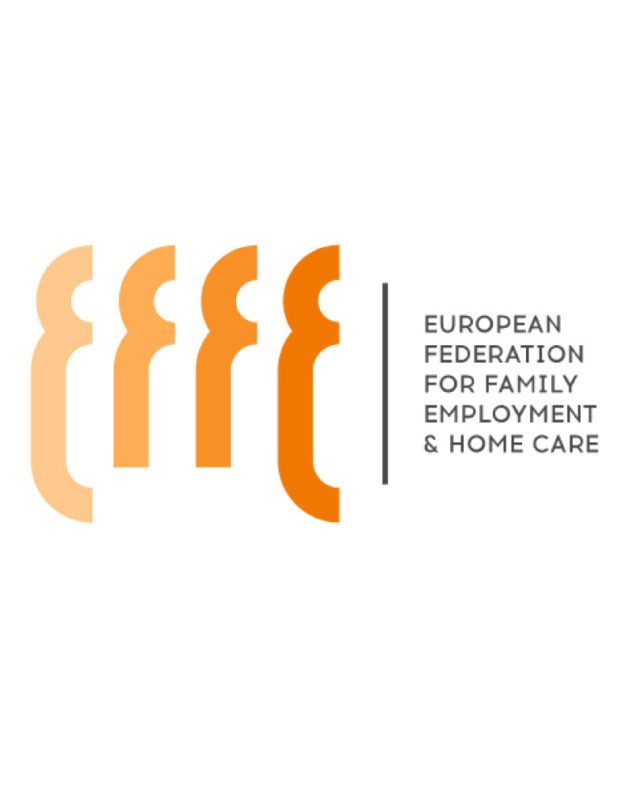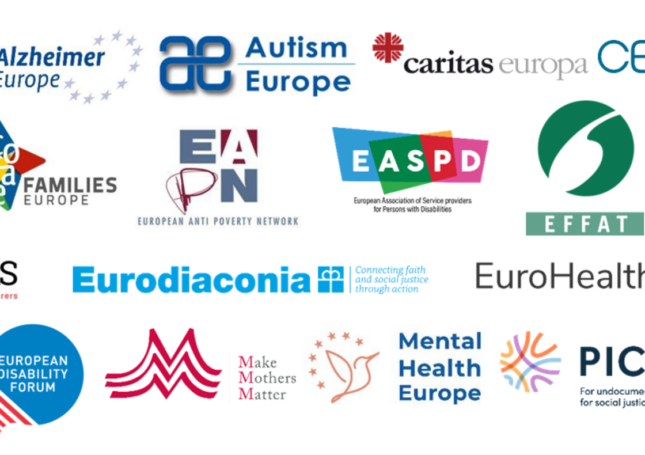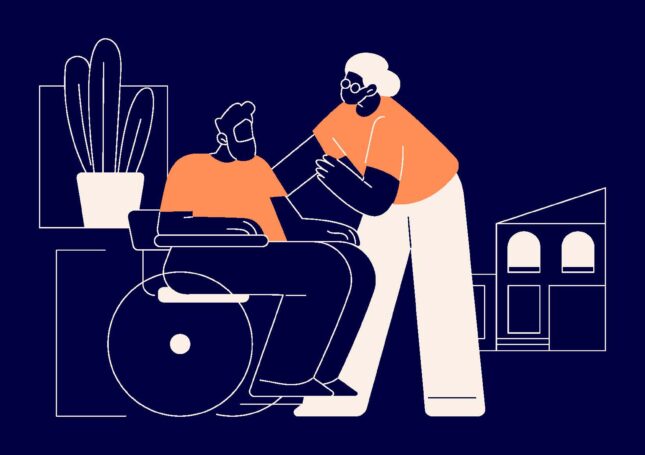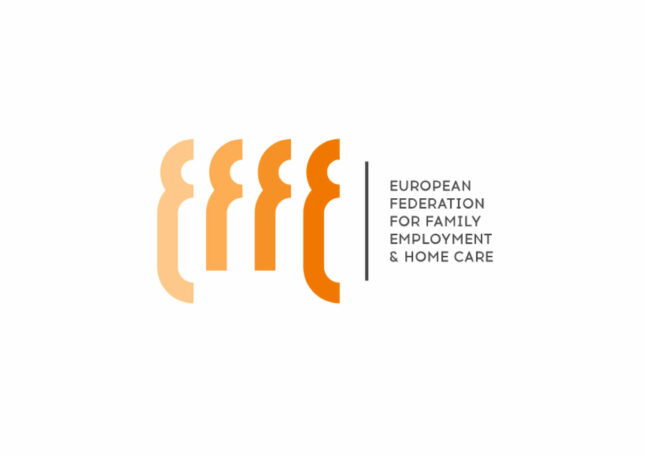
Employment is the backbone of the European social economy. However, gender inequalities prevent the EU to reach its full potential and embrace a sustainable future because women and men do not benefit from the same opportunities. Maternity leaves and family responsibilities are the main barriers that explain women’s partial or total disengagement from the labour market. Besides, the lack of quality and affordable solutions limits the impact of the work-life balance directive and strengthens gender stereotypes.
Last December 2020, the Council of the European Union rightly described the challenges at stake in its Conclusions on Tackling the Gender Pay Gap: Valuation and Distribution of Paid Work and Unpaid Care Work. By outlining that the gender care and pay gaps are mutually dependent and mutually reinforcing phenomena, the Council underlined the need to allow for the outsourcing of direct and indirect care work and stressed PHS valuable contribution to gender equality.
Along with the proposals included in the Gender equality Strategy 2020-2025 and the European pillar of social rights Action Plan, the EU needs to support the development of Personal and Household Services (PHS) that allow women to outsource some of the domestic and family tasks and foster a more equal sharing of paid and unpaid work among partners. Some Member States such has Belgium and France have already improved the share of female employment by implementing people-oriented policies that empower women while providing them access to affordable personal and household services. Learn more about EFSI & EFFE’s proposals to the European Commission.


